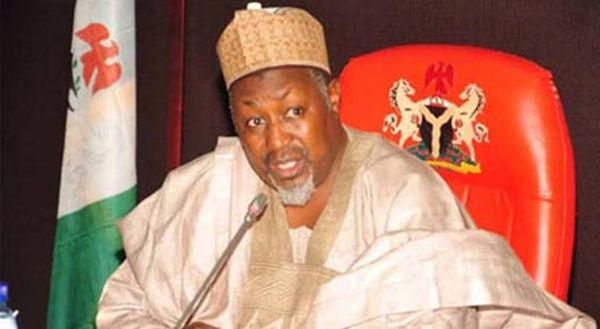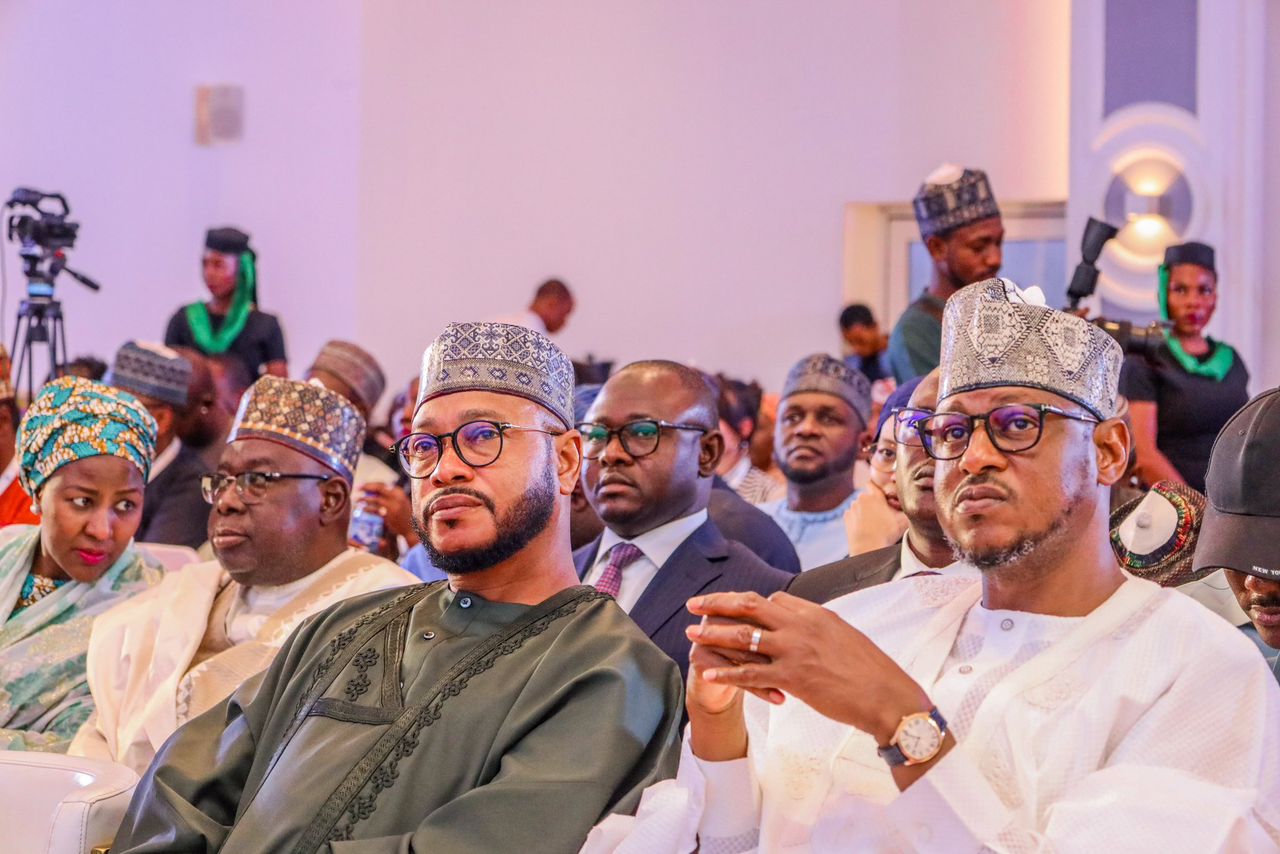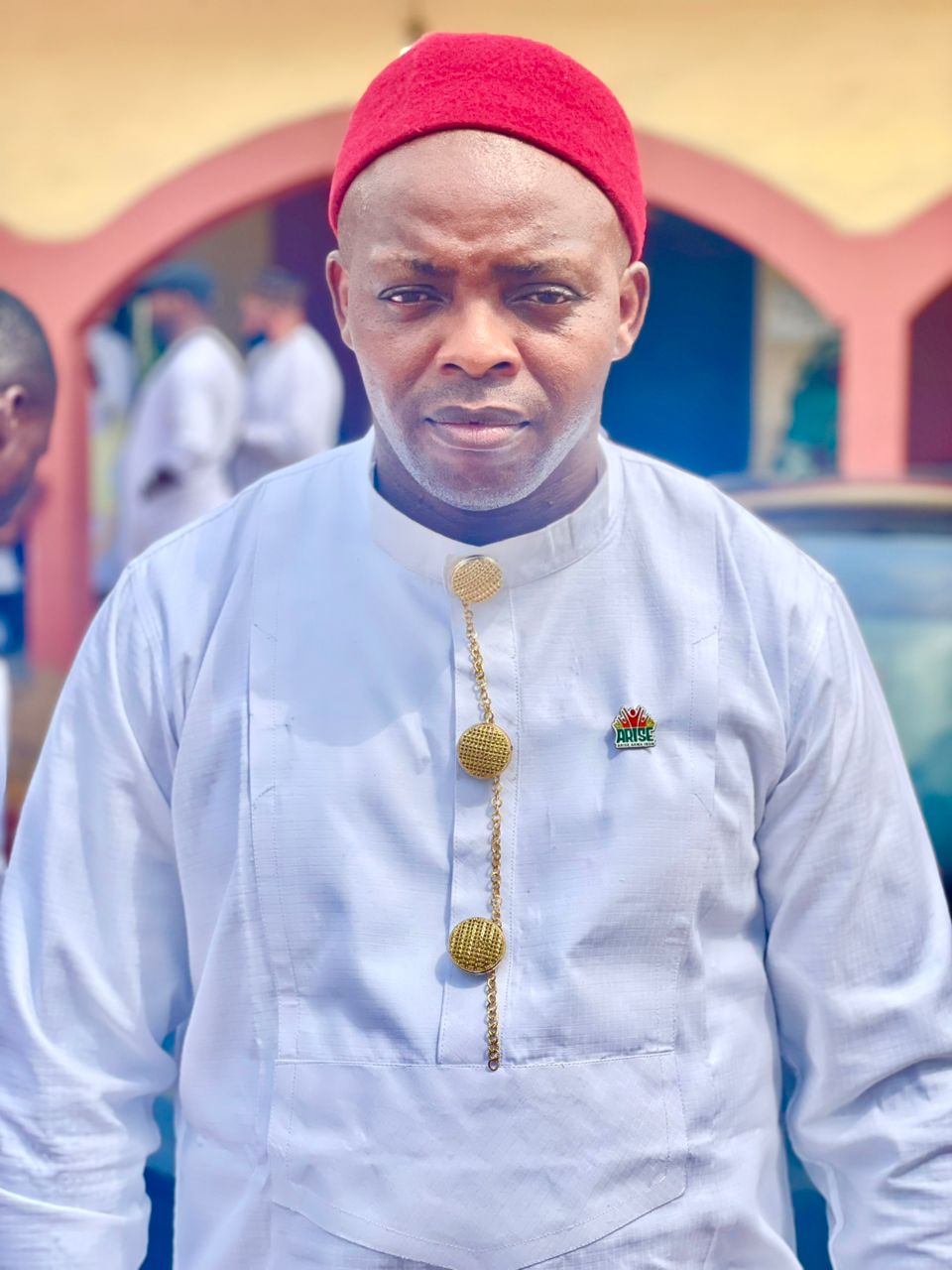society
AANI COMMISERATES WITH THE PEOPLE OF JIGAWA STATE OVER FUEL TANKER EXPLOSION IN MAJIYA TOWN

AANI COMMISERATES WITH THE PEOPLE OF JIGAWA STATE OVER FUEL TANKER EXPLOSION IN MAJIYA TOWN
The National President of the Alumni Association of the National Institute (AANI), Ambassador EO Okafor mni, on behalf of the National Executive Committee and the entire AANI family, extends our deepest condolences to the government and people of Jigawa State, particularly the residents of Majiya town, over the tragic fuel tanker explosion that occurred on Tuesday, 17th October 2024, in Taura Local Government Area.
We are deeply saddened to learn of the loss of 167 lives in this horrific disaster, and our hearts go out to the families and loved ones of those affected. We also wish a swift and full recovery to the 67 individuals currently receiving medical treatment.
At this time of immense grief, AANI stands in solidarity with the people of Jigawa State. We offer our thoughts and prayers, hoping for healing and strength for all the victims and their families. We also commend the efforts of the Jigawa State Government and all those providing assistance and medical care to the affected persons.
AANI shares in your sorrow and prays that God grants the souls of the departed eternal rest and gives the bereaved families the fortitude to bear this irreparable loss. May such tragic incidents never befall our nation again.
Brigadier General SK Usman (rtd) mni fnipr fapra fnarc FIOARM fspsp
Sarkin Yakin Kanwan Katsina
AANI National Publicity Secretary
Sunday, 20th October 2024
society
Zamfara State Launches Landmark IDP Policy and Action Plan as UNDP, Northwest Forum Pledge Support
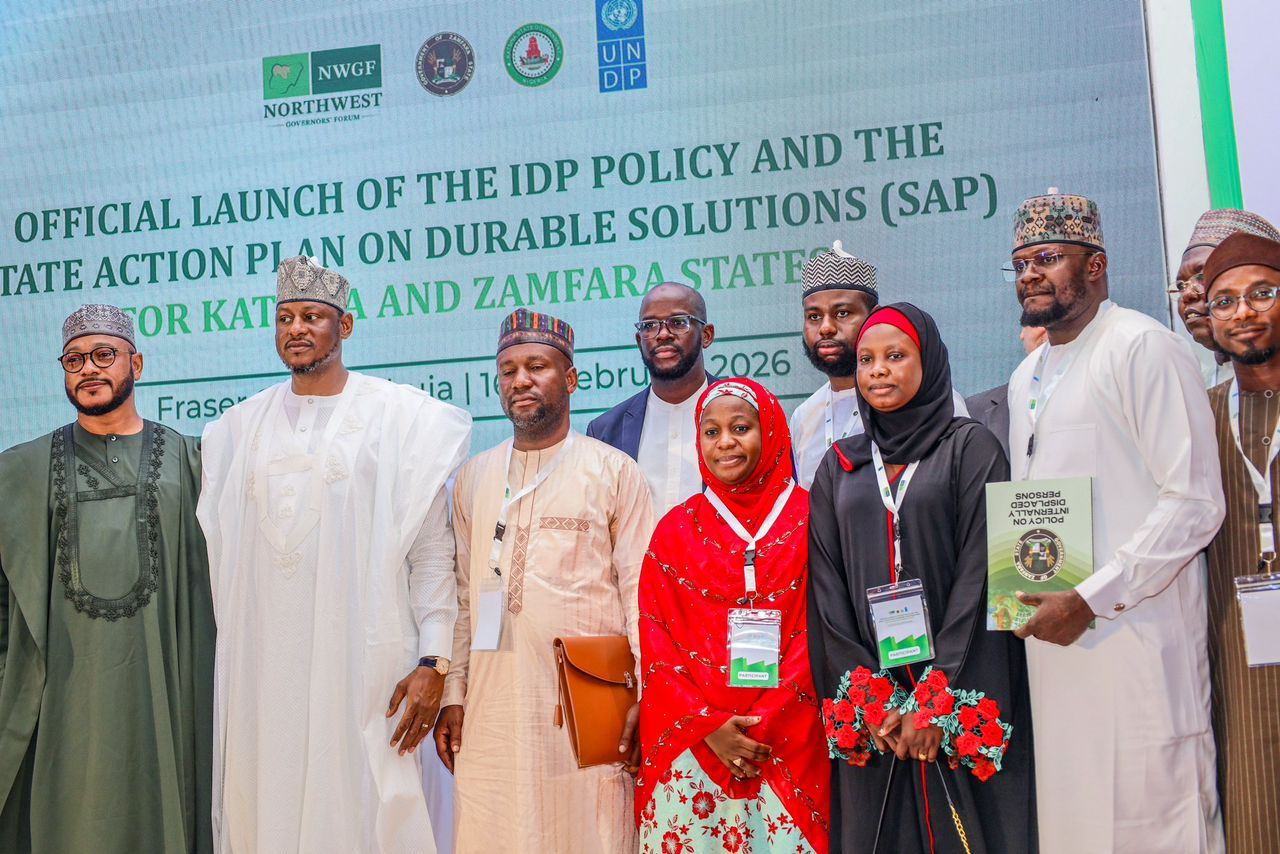
Zamfara State Launches Landmark IDP Policy and Action Plan as UNDP, Northwest Forum Pledge Support
In a significant move to address the humanitarian crisis wrought by banditry and internal displacement, the Executive Governor of Zamfara State, His Excellency Dr. Dauda Lawal, has officially launched a comprehensive policy framework and action plan aimed at delivering durable solutions for internally displaced persons (IDPs) in the state.
The Governor attended the joint launch ceremony for the IDP Policy and the State Action Plan on Durable Solutions, an initiative simultaneously rolled out for both Katsina and Zamfara States in the nations capital Abuja today Feburary 16, 2026. The event marks a pivotal moment in the region’s approach to managing displacement, shifting from emergency response to long-term, sustainable recovery.
The ambitious programme is the product of a strategic collaboration between the Northwest Governors Forum and the United Nations Development Programme (UNDP). This partnership underscores a unified, regional acknowledgment that the challenges of displacement require coordinated, multi-state solutions that address root causes and build lasting resilience.
For Zamfara State, which has borne the brunt of years of insecurity, the new policy is being hailed not merely as a bureaucratic formality, but as a binding social contract with its most vulnerable citizens. It establishes a clear roadmap for restoring the dignity of displaced families, with a laser focus on rebuilding shattered communities and creating viable pathways for safe return, peaceful resettlement, and sustainable reintegration.
The framework goes beyond temporary relief, outlining concrete strategies to help displaced populations not just survive, but ultimately thrive in safety. It seeks to transform the lives of those who have lost their homes and livelihoods by ensuring they are active participants in the state’s recovery.
Speaking at the launch, Governor Lawal reaffirmed the administration’s unwavering commitment to translating the policy document into tangible, measurable impact on the ground. “Under my leadership, we remain committed to ensuring that this framework translates into measurable impact for our people.”
The launch signals a new chapter for Zamfara, one focused on healing and forward momentum. By anchoring the response in a durable solutions framework, the state government aims to build systemic resilience, strengthen the capacity of local institutions to manage future crises, and ultimately, shape a more secure, stable, and inclusive future for all residents of Zamfara State.
society
Bright Brain Community Initiative, TMRI Host International Women’s Conference on Gender-Based Violence
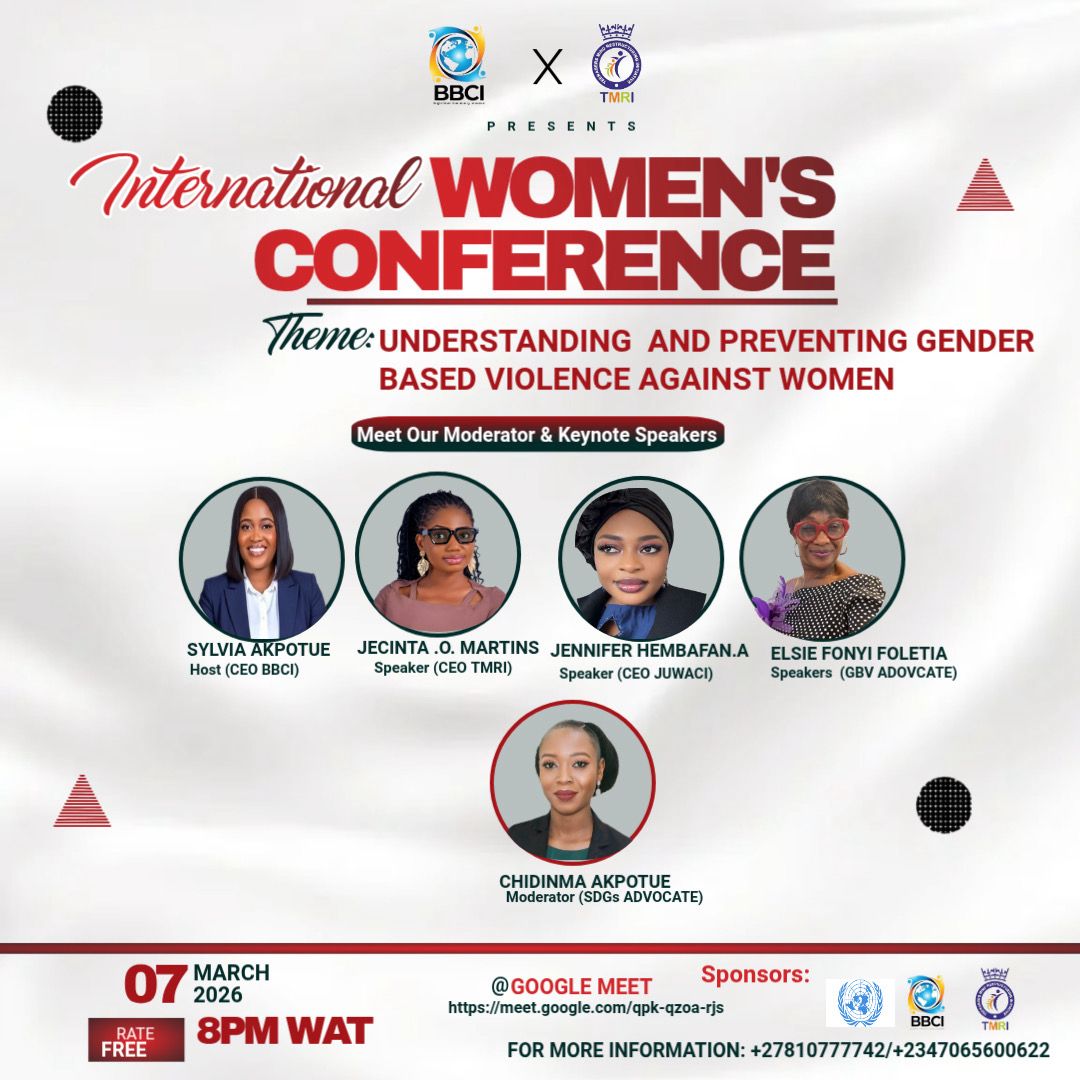
Bright Brain Community Initiative, TMRI Host International Women’s Conference on Gender-Based Violence
society
A LEGACY OF EXCELLENCE: Wisdom Benson Celebrates 44 Years of Entrepreneurial Triumph
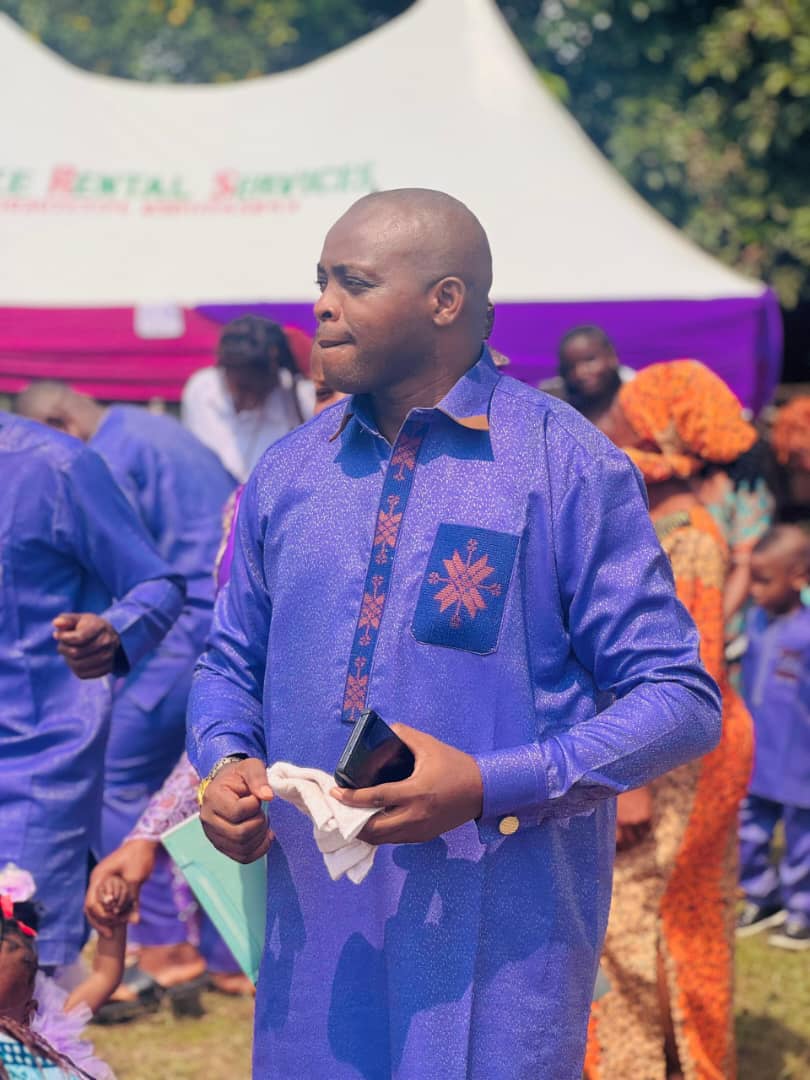
A LEGACY OF EXCELLENCE: Wisdom Benson Celebrates 44 Years of Entrepreneurial Triumph.
Wisdom Benson, the visionary CEO of Wisic Services, is celebrating a major milestone – his 44th birthday on 18th February! A seasoned entrepreneur, accomplished networker, and dedicated leader, Wisdom has spent over 20 years driving business growth, empowering individuals, and shaping the future of entrepreneurship in Nigeria and beyond.
As the helm of Wisic Services, Wisdom has demonstrated exceptional leadership, guiding his team with vision, resilience, and courage. His entrepreneurial journey is a testament to the power of consistency, integrity, and strategic thinking. Under his leadership, Wisic Services has become a beacon of innovation and excellence, making a lasting impact in the industry.
Wisdom’s commitment to mentoring young entrepreneurs and promoting businesses has inspired countless individuals. He has been a driving force behind the success of many startups and SMEs, providing them with the necessary tools and guidance to thrive.
“Every year is not just an addition of time, but an addition of wisdom, strength, and purpose. The journey continues,” Wisdom said ahead of his birthday. “I am grateful for the opportunity to make a difference in the lives of others, and I look forward to continuing to inspire and empower the next generation of entrepreneurs.”
As we celebrate Wisdom Benson’s 44th birthday on 18th February, we honor a man whose story inspires determination, excellence, and forward thinking. His legacy is a testament to the power of hard work, dedication, and passion.
“We are thrilled to celebrate Wisdom’s milestone birthday and acknowledge his contributions to the business community,” said a spokesperson for Wisic Services. “His vision, leadership, and commitment to excellence are an inspiration to us all, and we look forward to many more years of success and impact.”
Here’s to many more years of expanded territories, deeper impact, and greater accomplishments!
*About Wisdom Benson*
Wisdom Benson is a seasoned entrepreneur, accomplished networker, and the visionary CEO of Wisic Services. With over 20 years of experience, he has established himself as a leader in the business community, driving growth, empowering individuals, and shaping the future of entrepreneurship in Nigeria and beyond.
-

 celebrity radar - gossips6 months ago
celebrity radar - gossips6 months agoWhy Babangida’s Hilltop Home Became Nigeria’s Political “Mecca”
-

 society6 months ago
society6 months agoPower is a Loan, Not a Possession: The Sacred Duty of Planting People
-

 news6 months ago
news6 months agoTHE APPOINTMENT OF WASIU AYINDE BY THE FEDERAL GOVERNMENT AS AN AMBASSADOR SOUNDS EMBARRASSING
-

 Business6 months ago
Business6 months agoBatsumi Travel CEO Lisa Sebogodi Wins Prestigious Africa Travel 100 Women Award




